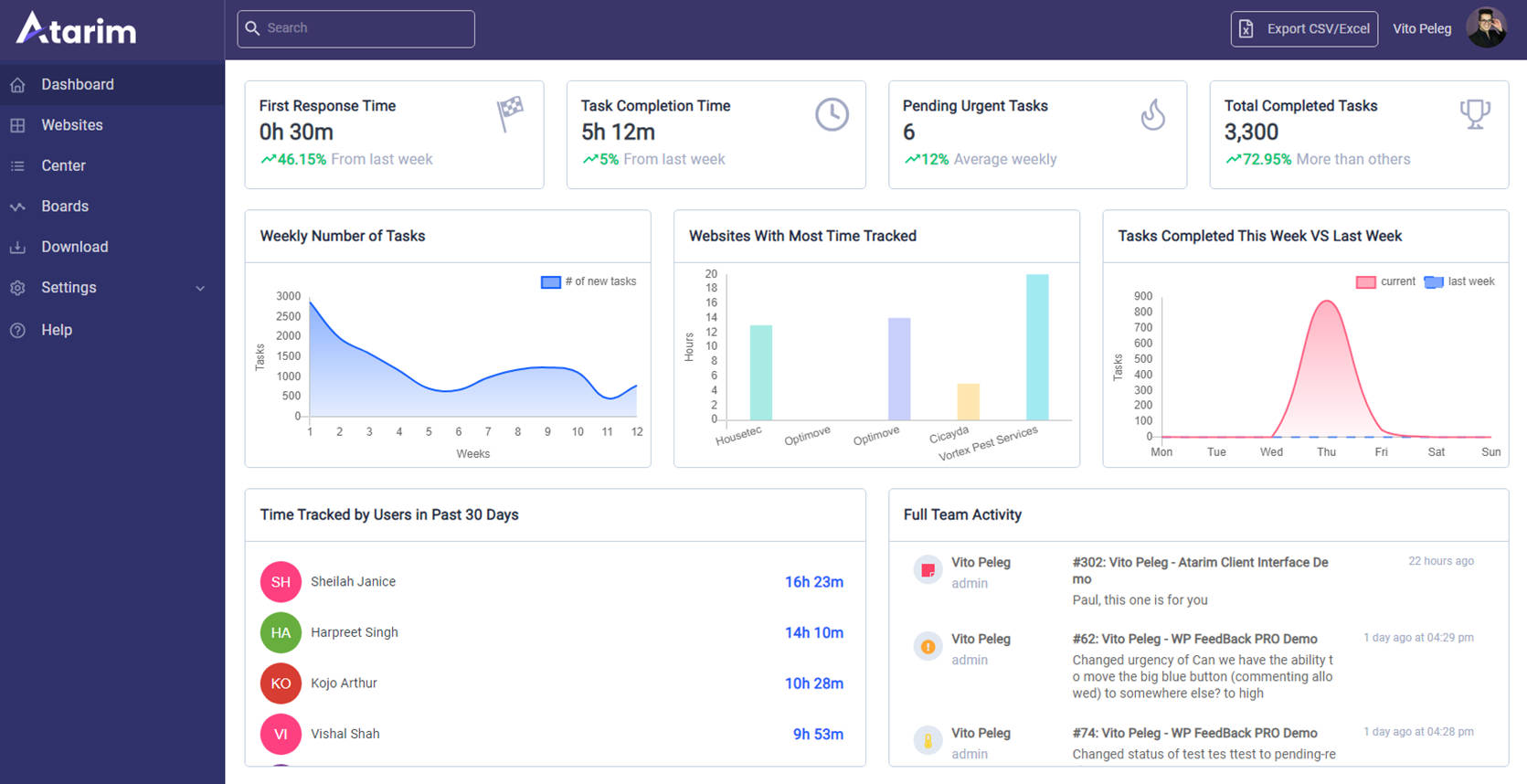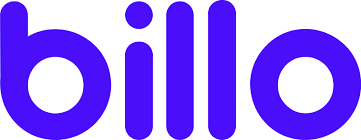arlier this week, WP Feedback founder Vito Peleg announced the company was changing its brand to Atarim. After 18 months since its launch, it would also be moving toward a complete Saas (Software as a Service) model.
WP Feedback was created as a standalone plugin. The goal was to provide a visual feedback tool that agencies and developers could use to communicate with clients rather than spending time deciphering unclear emails, chat messages, and phone calls.
“Starting as a freelancer and then an agency owner myself, it was always a huge pain to get clients to provide me with the content and design feedback I needed,” said Peleg. “And this led to us building a tool for us that worked extremely well with our workflow, which led to the decision to take this to the market.”
However, over time, the product evolved into something bigger.
“As we started gaining traction, I always kept a pulse on our users (now with over 5,000 freelancers and agencies), and it became clear that a standalone plugin, while it did do the trick, was simply not enough — especially for those that manage multiple websites and clients at the same time,” said Peleg. “It solved a huge part of the problem, but not the workflow in its entirety. There was a clear demand for us to build a centralized area to gather all feedback so we then created our Agency Dashboard — a cloud-based application that allowed our users to gather all the requests from different clients and websites to manage them in a single place.”
Peleg said the Agency Dashboard revealed a more complex problem in the industry. Agencies were patching together several different tools to provide various aspects of their services. These tools were leading to unnecessary friction and slowing down jobs, often adding weeks of additional time.
The team tackled more than they had initially bargained for. In 18 months, they added over 150 features to the WP Feedback platform. Peleg said the project has helped agencies and developers reduce between 50% and 80% of the previous time delivering projects and supporting clients.
In 2020, the WP Feedback’s users marked over 100,000 tasks as complete. Peleg calculates this has saved the industry over five years of unnecessary back and forth.
“The name WP FeedBack continued to position us as what version 1.0 was — a basic visual feedback plugin,” he said. “So along with version 2.0 that is releasing this week, I decided it’s a great opportunity to revamp the whole experience with a rebrand, repositioning, and a whole bunch of new ways that users can use our software to improve their lives.”
Peleg said that nothing is really changing for existing customers other than having access to more tools. It should be a smooth transition for them. The goal now is to attract new customers.
“I also hope that this transition will allow our industry to see the new reality we’re creating for delivering website projects and why it’s insane that a 5-6 days project still takes 6-8 weeks to complete,” he said.
How the Service Works

There are two sides to Atarim. One is a client-interface plugin installed on each project website; the other is the Agency Dashboard.
“The plugin’s role is to provide a simple experience for clients to provide the content you need, approve the designs and request ongoing support,” said Peleg. “Allowing to visually click any part of the website (including in the wp-admin screens) and just leave a comment. The agency will get an automated screenshot, the screen size, browser version, and a button that will take them directly to the request, logged in, with one click.”
Freelancers or agencies work from within the Agency Dashboard. This serves as a central location for all of the work that happens around client websites.
Technically, WP Feedback has already been a SaaS product with an accompanying plugin since launching its central dashboard early in the product’s history. Version 2.0 completes the transition from a plugin to a full-on SaaS. Feedback and other data are no longer saved to the client websites. Instead, they are hosted via Atarim.
“Over time, we noticed that it created unwanted bloat to the websites that were using our tools extensively, so off-loading all the data and loading it from our side, was the natural route,” said Peleg. “But since this is how the platform was initially built, this was a massive undertaking that I’m very happy that we finally completed.”
The client-interface plugin is built for WordPress. However, the technology stack behind the new Atarim Agency Dashboard is on Laravel and React. The team thought it would be the best framework for speed and to work with as the company continues to scale.
“I’ve been using WordPress myself for more than a decade — so it really comes naturally to me by now,” said Peleg. “The SaaS world is a different animal.”
“One of the biggest challenges was transitioning everything we have built, to be pulled from the cloud as opposed to being stored locally on the client’s site. The ‘cloud migration’ project, as we called it internally, has been a year-long endeavor that, whilst it was developed constantly, was pushed back by our need to support our existing users, our growth, COVID-19, and all the other fires that happen when you’re running a startup.”







